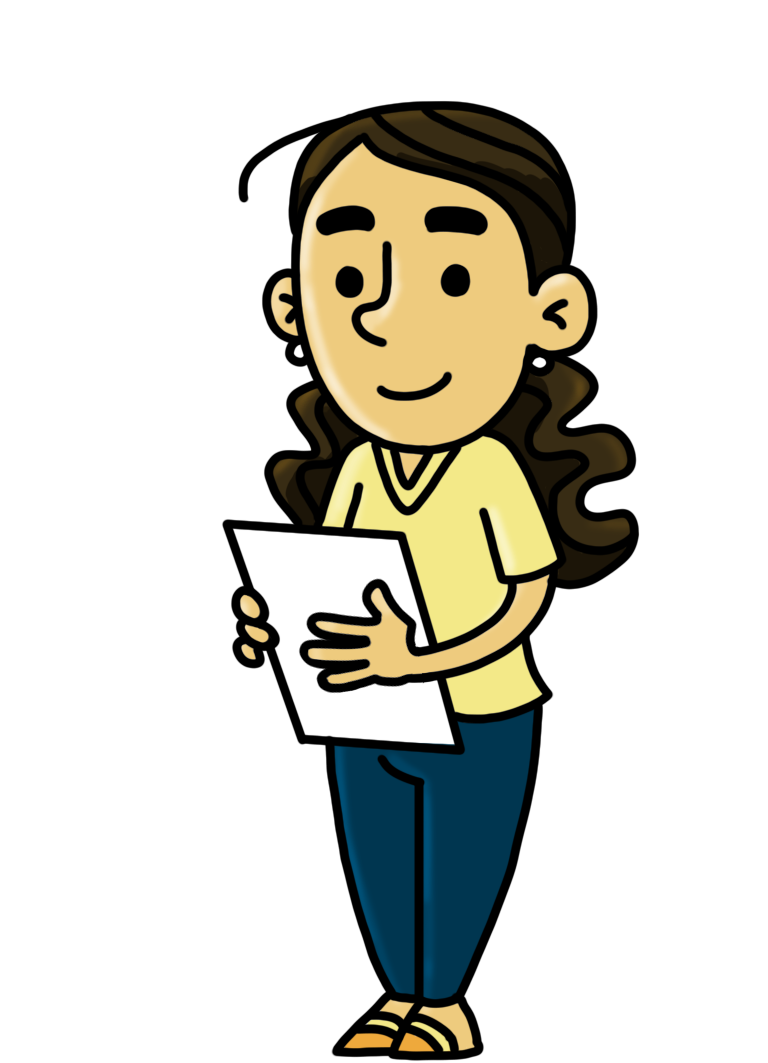There are many duties that an advocate has to fulfil towards clients. Some of them include:
Accepting and withdrawing from cases
An advocate should:
- Accept any case, unless exceptional circumstances exist.(( Rule 11, Chapter II, Part VI, Bar Council of India Rules, 1975)) The Supreme Court has said that a lawyer cannot refuse a brief if a client is willing to pay his fee, and the lawyer is not otherwise engaged.(( A.S. Mohammed Rafi v. State of Tamil Nadu, Criminal Appeal No. 2310 of 2010)) The advocate’s fee will be based on their professional standing and the nature of the case.
- Not withdraw from a case after accepting it. However, the advocate can withdraw if there is sufficient cause, after giving a reasonable and sufficient notice to the client. If the lawyer withdraws from a case, they have to refund any fee that has not been earned.(( Rule 12, Chapter II, Part VI, Bar Council of India Rules, 1975))
- Not accept or appear in a case for which the advocate might appear as a witness.(( Rule 13, Chapter II, Part VI, Bar Council of India Rules, 1975))
Loyalty to the client
An advocate must:
- Make full and frank disclosure to the client about the advocate’s connection towards the other parties and any other interest in the case.(( Rule 14, Chapter II, Part VI, Bar Council of India Rules, 1975))
- Uphold the interests of the client by all fair and honorable means. Advocates should be loyal to this principle and should not let their personal beliefs about a client’s guilt stop them from accepting a case. Regardless of their personal opinion on the guilt of a client, advocates should defend the client.(( Rule 15, Chapter II, Part VI, Bar Council of India Rules, 1975))
- Not work for the conviction of an innocent person. For instance, advocates should not suppress material that could establish the innocence of a person in a criminal case.(( Rule 16, Chapter II, Part VI, Bar Council of India Rules, 1975))
- Only work as per the instruction of the client or the client’s agent.(( Rule 19, Chapter II, Part VI, Bar Council of India Rules, 1975))
- Not act, appear or argue for the opposite party if the advocate has advised, acted, appeared or pleaded for a client at any stage of a lawsuit.(( Rule 33, Chapter II, Part VI, Bar Council of India Rules, 1975))
Upholding interests of the client
Advocates have to make sure that they:
- Do not specify a fee that is dependent on the result of the case. An advocate should not agree to share the benefits that a client will get from a case.(( Rule 20, Chapter II, Part VI, Bar Council of India Rules, 1975))
- Do not abuse or take advantage of the trust of the client.(( Rule 24, Chapter II, Part VI, Bar Council of India Rules, 1975))
- Keep accounts of the money entrusted to them by the client.(( Rule 25, Chapter II, Part VI, Bar Council of India Rules, 1975))
- Do not accept a fee less than a fee which can be taxed, if the client is able to pay it.(( Rule 38, Chapter II, Part VI, Bar Council of India Rules, 1975))
Failure to obey any of these duties may qualify for ‘Professional Misconduct’ by the Advocate, and a client can lodge a complaint against the advocate in the appropriate forum.

